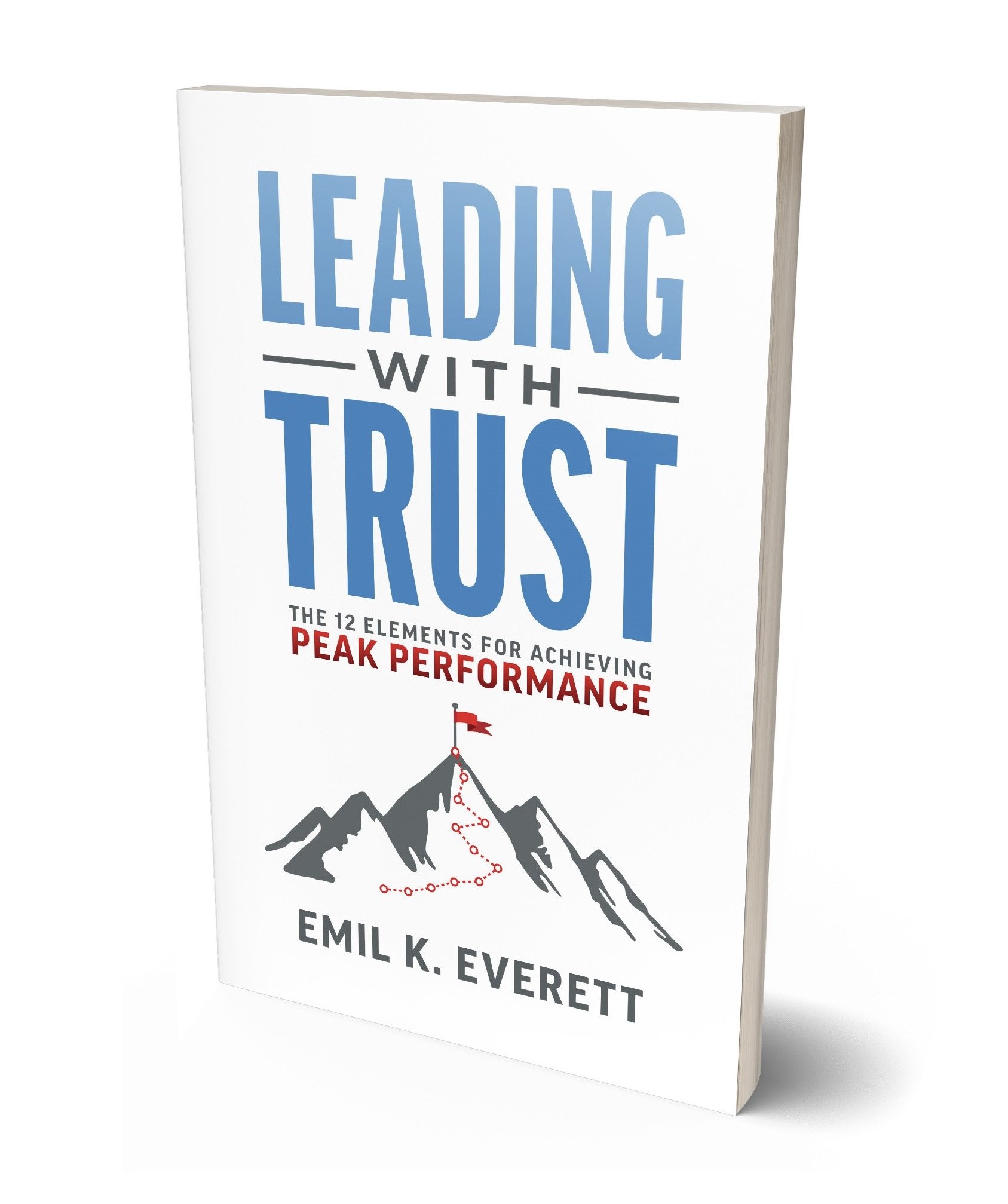Cultivating a Culture of Excellence
In athletics and business, cultivating a culture that embodies key attributes—intelligence, instinct, quickness, awareness, and communication—is fundamental and the key to success. These attributes, critical for optimal performance in sports, are equally indispensable in driving organizational effectiveness and competitive advantage in the corporate world.
In sports, intelligence involves strategic thinking, the ability to analyze game situations and make informed decisions under pressure. In business leadership, intelligence encompasses a deep understanding of market dynamics, financial insights, and the foresight to navigate complexities effectively. Cultivating a culture that values continuous learning, data-driven decision-making, and strategic innovation is empowering and essential for leaders to leverage intelligence to shape long-term success and achieve organizational goals.
Athletes rely on instinct to react swiftly and decisively in competitive environments, leveraging experience and intuition to seize opportunities and adapt real-time strategies. Similarly, in business leadership, cultivating instincts through experiential learning and fostering a culture of empowerment is beneficial and crucial for agile decision-making. This empowerment allows leaders to innovate, respond swiftly to market changes, and drive organizational agility, instilling confidence in their leadership abilities.
In sports, quickness signifies speed, agility, and the ability to respond rapidly to changing game dynamics. In business, organizational quickness translates into agility—the capacity to innovate, iterate, and adapt strategies promptly in response to market shifts and emerging trends. Cultivating a culture of responsiveness and proactive adaptation fosters an environment where leaders and teams can thrive amidst uncertainty, maintaining a competitive edge in dynamic business landscapes.
Athletes exhibit awareness by anticipating plays, reading opponents, and staying attuned to game dynamics. In business leadership, awareness extends to understanding market landscapes, competitive dynamics, regulatory environments, and internal organizational dynamics. Cultivating a culture of proactive market analysis, continuous learning, and cross-functional collaboration enables leaders to anticipate trends, mitigate risks, and capitalize on opportunities effectively, making them feel more prepared and in control in the face of business challenges.
Effective communication is essential in sports for fostering team cohesion, executing strategies, and adjusting tactics in real time. Similarly, in business leadership, communication involves articulating a compelling vision, aligning teams around shared goals, and fostering a culture of transparency and collaboration. Cultivating a culture that prioritizes open communication, active listening, and constructive feedback empowers leaders to inspire trust, build cohesive teams, and drive organizational success through unified effort and strategic alignment, making the audience feel more connected and part of a unified team.
By embedding these attributes within a culture that values continuous improvement, empowerment, and collaboration, organizations can create an environment conducive to superior performance and sustained success. A culture that celebrates innovation, encourages adaptive leadership, and supports the development of these attributes across all levels fosters resilience and agility in navigating challenges and opportunities in today's competitive business landscape.
While sports and business contexts may differ, the attributes that drive performance—intelligence, instinct, quickness, awareness, and communication—universally apply to leadership excellence. By fostering a culture that embraces these attributes as pillars of organizational success, leaders can cultivate a dynamic and resilient environment where teams thrive, innovation flourishes, and long-term strategic goals are achieved with clarity and purpose.

